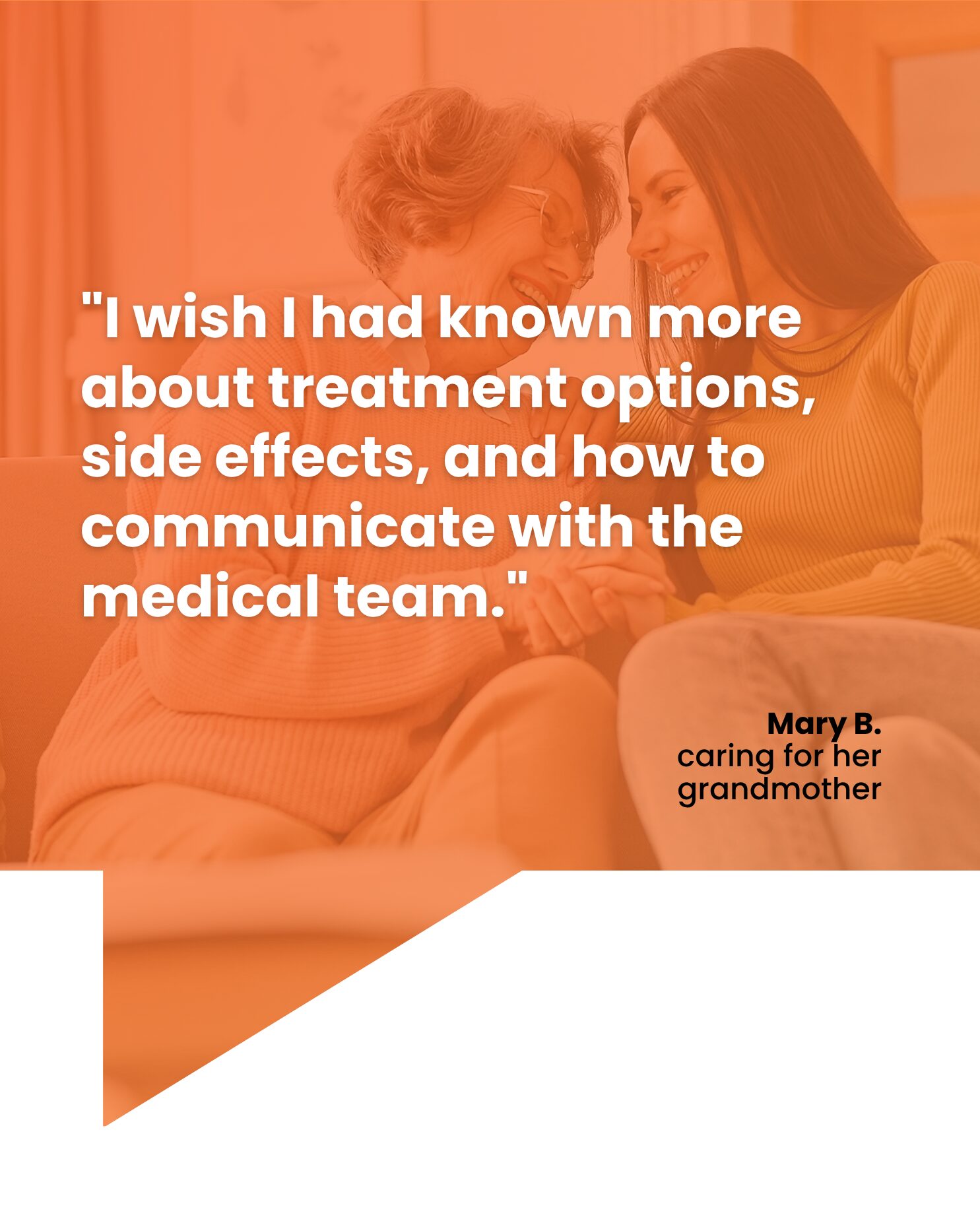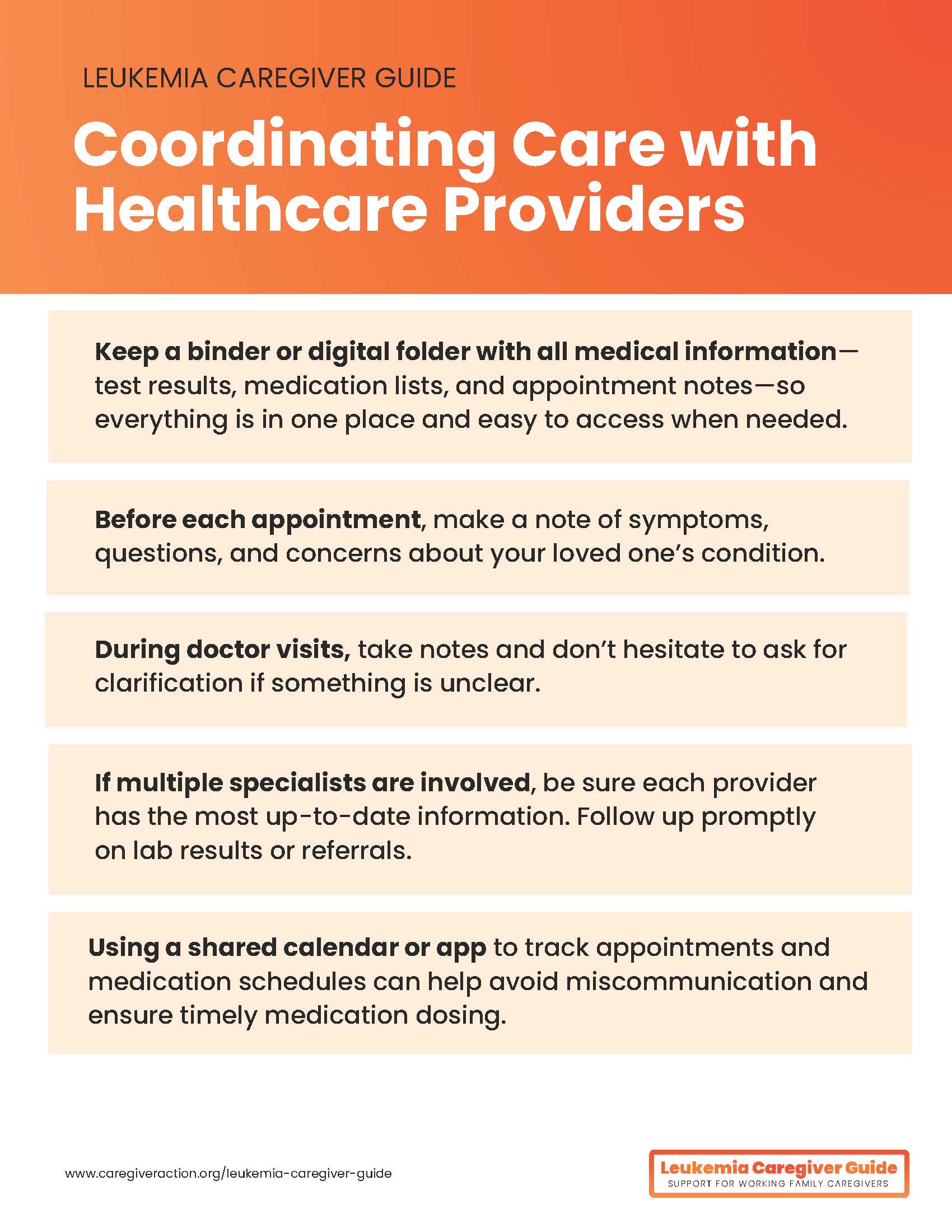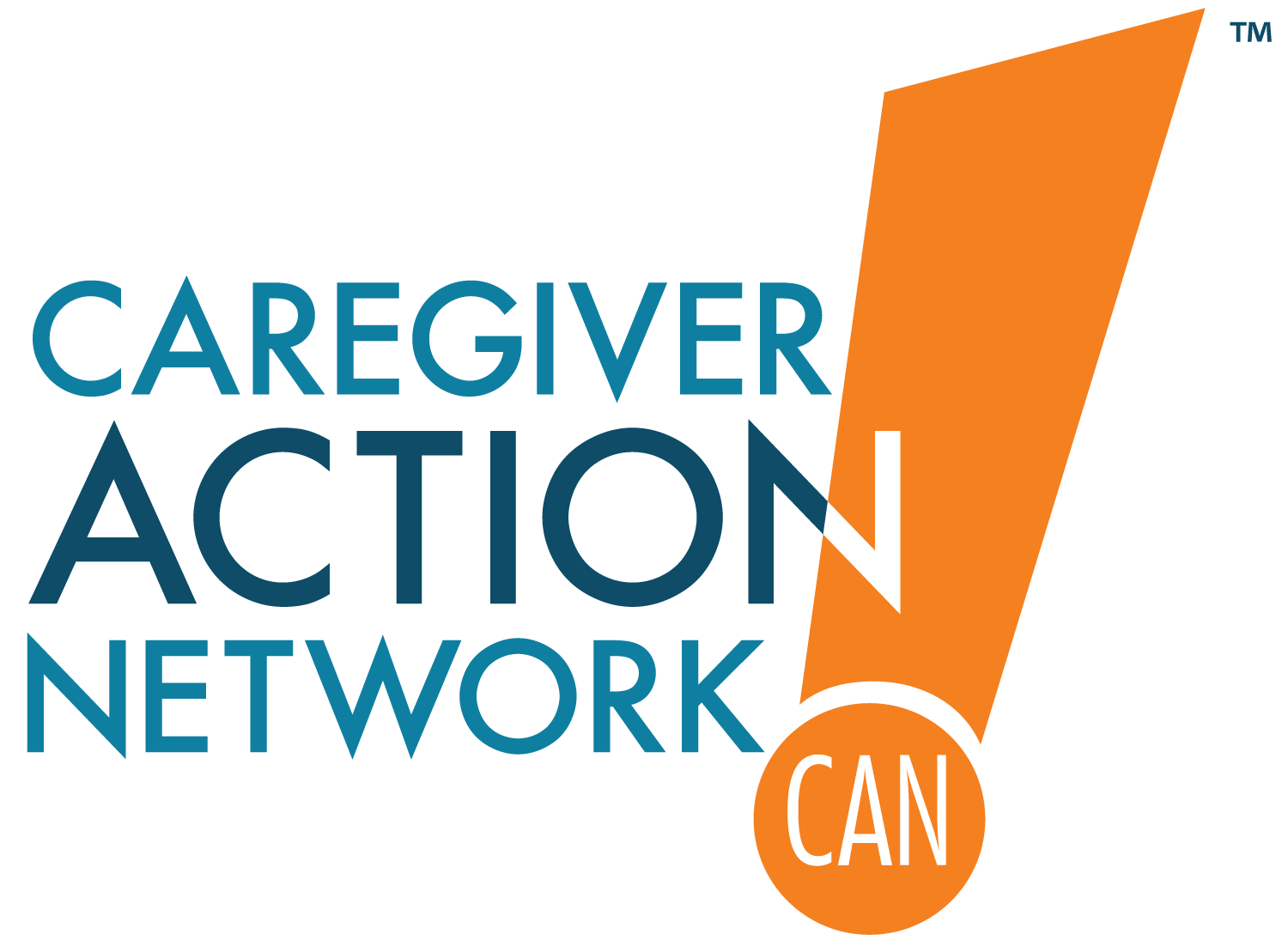Coordinating care with doctors, nurses, and specialists can feel overwhelming when your loved one is facing leukemia.
As a caregiver, you often become the bridge between your loved one and their medical team, keeping track of medications, managing appointments, and asking the questions your loved one may be too tired or overwhelmed to ask. It can be intimidating at first, but remember that you are your loved one’s best advocate.
Over time, many caregivers find that building open communication and a trusting partnership with the healthcare team not only improves care but also gives them confidence and peace of mind during an otherwise uncertain journey.
Ojalá hubiera sabido más sobre las opciones de tratamiento, los efectos secundarios y cómo comunicarme con el equipo médico.

Hear from James K., caregiver for his son, who was diagnosed with AML leukemia in 2018 at age 14, and is now 20.
Los primeros meses, no sabes qué está pasando y tratas de obtener información, así que buscas todo en Google. Si bien Internet puede proporcionarte buena información, cuanto más lo haces, más te pierdes, porque cada paciente es diferente y cada uno responde al tratamiento de manera diferente. Las enfermeras y los médicos de la unidad de mi hijo me pusieron un límite de cinco preguntas cuando vinieron a hablar con nosotros por la mañana, porque yo tenía muchas preguntas.

By staying organized and communicating clearly with the care team, you can ensure your loved one receives the best possible care and that nothing important slips through the cracks.
